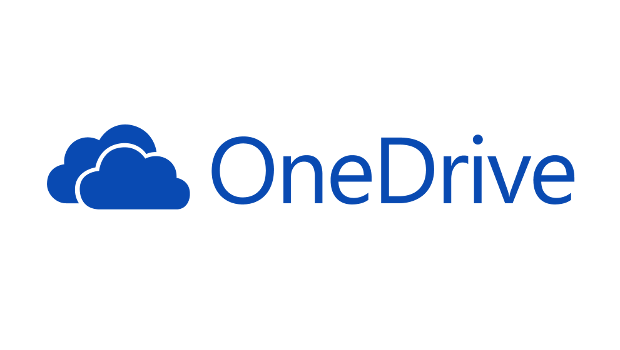Microsoft is adding video and audio transcription capabilities to OneDrive for Business and SharePoint, making a range of digital content more easily accessible to users.
The new feature will automatically create a full transcript of dialogue when viewing a video or listening to an audio file, using AI technology available in Microsoft Stream (formerly Office 365 Video). The new service will be made available to Office 365 subscribers later this year, Microsoft said in a blog post on Tuesday. A spokesperson said the company had “no specific dates to share at this time”.
Microsoft said that the tools will help customers make better use of digital assets, save time and boost productivity for business users. The text data will be stored in the Microsoft Cloud, which Microsoft claims can be cheaper and more secure than relying on third party transcription tools.
The new features add to the intelligent search capabilities announced by Microsoft last September, which use AI to add location information to photos, recognize objects and extract text from images. This lets users search for images in the same way they would for text-based documents.
“This move by Microsoft will make assets such as audio and video easier to derive value from, particularly as this sort of media can remain hidden in the deep recesses of SharePoint and OneDrive rather than held on a corporate intranet,” said Tim Banting, a principal analyst at GlobalData.
Transcription becomes particularly valuable when intelligent search is applied, he added. “Rather than sitting through hours of meeting content you could, for example, jump to the part where someone is reviewing ‘action items’ or where a specific project or company name is mentioned.”
Similarly, reading a transcript can be more efficient than watching a video. “Skim-reading through a transcript rather than sitting through a recording would certainly cut down on unproductive time,” he said.
Richard Edwards, service director and distinguished research analyst at Freeform Dynamics, said transcription services can extend the reach and range of search, “and we all know how useful search can be”.
However, he adds that as good as today’s technology is, it’s not perfect, and expectations should be tempered. “For example, searching a transcript for the word ‘Azure’ might result in zero hits because the term is transcribed as ‘are sure.’ Your own industry or company jargon needs to be part of the AI’s lexicon.”
Microsoft also announced a new OneDrive file view that uses the Microsoft Graph to suggest relevant documents based on a range of factors, including past activity and who a user works with.
It is not the only vendor making its content storage and collaboration tools smarter. Back in March, Google announced that its new Google Drive interface will use AI to make it easier to find and view documents shared by colleagues and predict the people and files a user is most likely to search for.
GlobalData’s Banting said that AI capabilities are becoming more important for content collaboration platforms. “Microsoft’s cognitive capabilities are able to provide image processing for identifying, captioning and moderating content; language processing can help with sentiment analysis and intent, which can then be utilized by chatbots, for example,” he said.
He added: “Those vendors that do not have the capability to leverage AI and cognitive capabilities will soon find themselves at a competitive disadvantage.”
IDG News Service







Subscribers 0
Fans 0
Followers 0
Followers